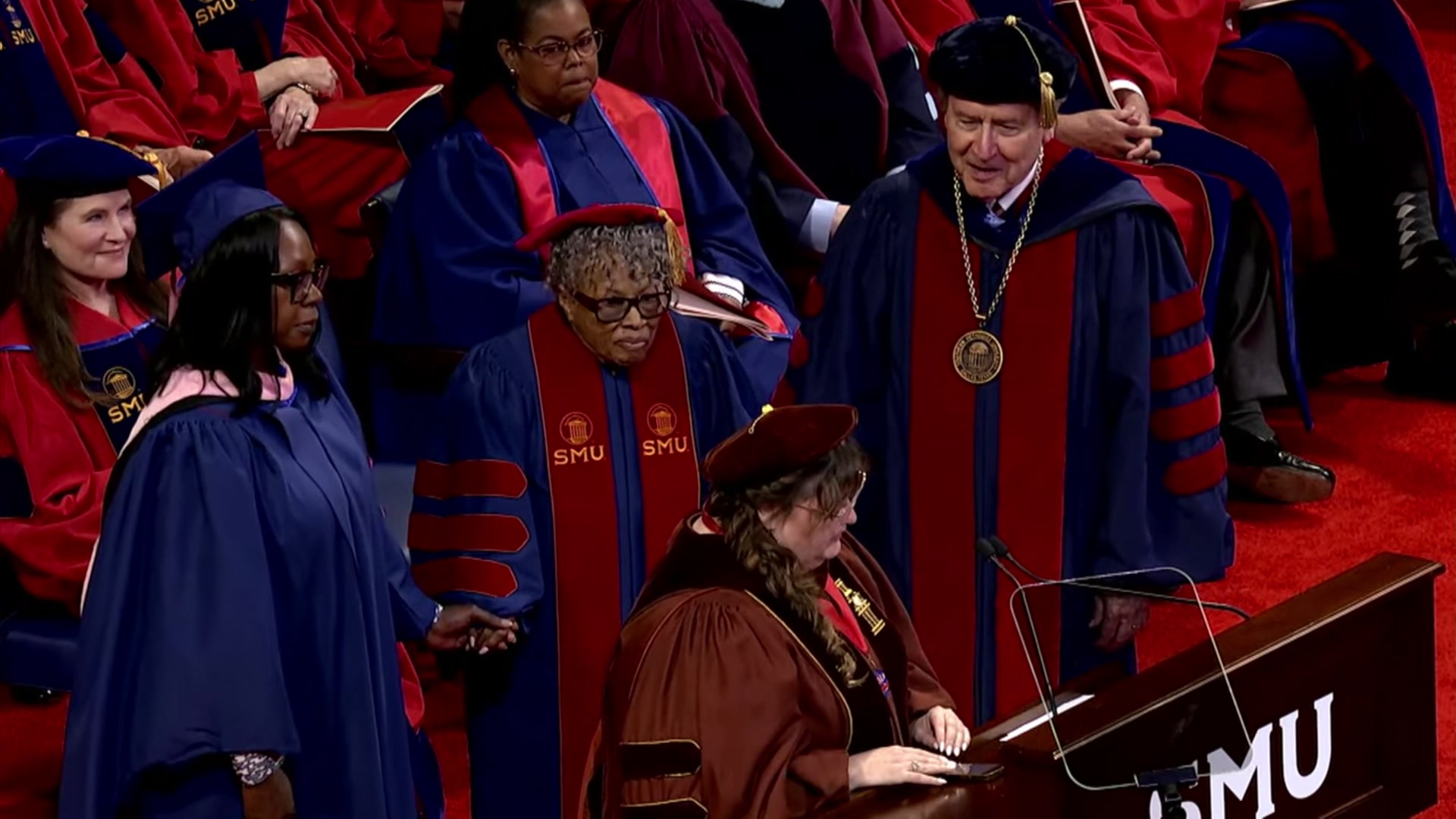Lawmakers for the Texas House and Senate tell NBC 5 they're already speaking, trying to work through key differences between their ideas to let families use thousands of dollars in public school money for private schools.
A key difference between the two chambers is whether the program should be able to expand in the future; and if so, by how much. Also, a key difference is the House version ends the A-F accountability system for public schools, with many lawmakers arguing private and public schools should not be treated differently.
We do not yet know if they'll be able to make a deal and pass one idea in the next two weeks when Governor Abbott's special session ends. NBC 5 spoke to people on different sides of the issue for Lone Star Politics.
One, was Drew Smith, an Arlington father of three who wants to use the $8,000 to help move his children from charter schools to private schools.
Get DFW local news, weather forecasts and entertainment stories to your inbox. Sign up for NBC DFW newsletters.
"What's important to us is a classical style education where the focus is on the learning and not on the surrounding issues that parents are having to deal with, whether it be social issues or the discussions they have to have," said Smith, "For us our faith is very important to us."
Smith goes on to note the social issues that concern him are, "It's not secret if you turn on any news currently you'll the drag queen story hours to the inappropriate books being in the library."
"Those are isolated incidents cases. I'm not saying that's the standard for public school systems. At the end of the day it's there. It has the potential of being in the public school systems in Arlington, in Austin, in Dallas, wherever."
Local
The latest news from around North Texas.
Opponents of education savings accounts argue public schools are a group project, everyone has to pay for that group project and a parent wants to make another choice, they'll have to pay for it.
"I think that that's a pretty solid argument. Not everyone have children. Grandchildren don't have children so they can pay to get into the school system. But at the end of the day, the two most important things in life are our children, and for me, it's my faith, and a third aspect is your healthcare," said Smith.
Earlier this month, the North Texas Commission and more than twenty North Texas Chambers of Commerce penned an opinion piece in the Dallas Morning News, opposing the education changes.
"Texas has the talent, resources and ability to transform our constitutionally guaranteed public education into the best school system in the world. Our elected officials should be asking what can be done to strengthen the institutions responsible for educating Texas’ future workforce, rather than spending their time subverting them," the group's CEO wrote.
Patrick Brophey is the Chief Operating Officer for the North Texas Commission and argues the change would subvert a thriving workforce for the state.
"Parents can and do have a choice to send their children where they want to go to school. Competition does exist across public schools, private schools, charter schools, today. The problem is with an ESA or voucher plan, it's a very risky experiment at taxpayer expense. There's not guarantee that that system will work. There's now guarantee that that private school will accept that child even if they have a voucher," said Brophey.
Brophey points to the Texas Constitution's section requiring lawmakers to support and maintain an "efficient system of public free schools."
"Public schools, just like public safety, are a public good," said Brophey.
NBC 5 asked if any proposal - even if small - that the group would support.
"No sir. There is no voucher we would support. As its basis, a voucher is a transfer of public dollars to private systems that are not accountable to taxpayers," said Brophey, "The business communities that we represent know the business future of the economy relies on quality education."



